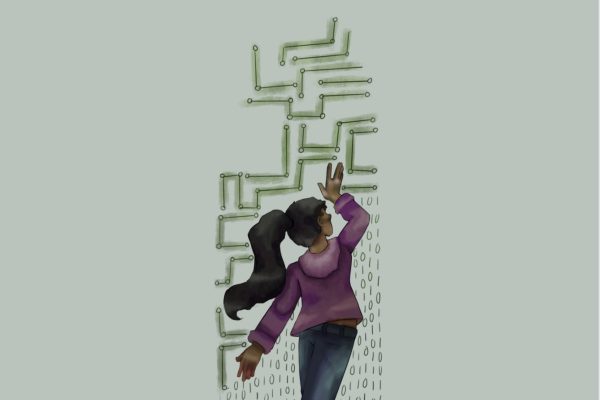Middle school sex-ed emphasizes respect
November 15, 2018
As the middle school has changed its sexual education curriculum in recent years, it has put an emphasis on covering safety and consent. The goal of the education is to prepare students for later education and to be conscious adults.
As middle school is the first level of sex ed education for many children, educators hope their work will set students up for high school curriculum.
“My ideal is that we have that kind of cohesive program and awareness of what’s needed in a way that builds into high school,” Sandra Bixby, middle school principal, said.
She explained that by teaching kids respect, interpersonal abilities, and accepting each other’s boundaries in a sexual relationship, these values will be ingrained in students from a young age. The goal is that this will provide a basis of individuals that are conscious and responsive to each other’s needs in a sexual relationship.
“I don’t think the content has shifted,” Ms. Bixby said. “What’s shifted is that we’re trying to get it into more areas in each grade level.”
When it comes to respect, according to Ms. Bixby, the more that students practice treating people with respect and apply that mindset to sexual relationships, the better off they will be for the future.
A recent change in the science curriculum spurred the widespread change in the sexual education curriculum and has included the involvement of the Chicago Women’s Health Center in educating the middle school students. Consent is emphasized, and with the help of Title IX and Wellness Coordinator Betsy Noel, it has been taught on different levels to students in different grades.
“Asking consent means ‘Oh I care about you. I have respect for your feelings. I have respect for our relationship,’ in contrast to ‘I’m going to do something until you say stop,’” Ms. Bixby said.
Middle school programs don’t just focus on individuals in a relationship. The school has focused on fostering a community of individuals who will support one another.
This connects to educating both homosexual and nonhomosexual students. Ms. Bixby explained that a lack of knowledge leads to polarization and inevitably discrimination.
“There are people who, for instance, don’t have the same power or the same voice and then we’re responsible for our neighbors,” said Ms. Bixby, “we’re responsible for taking care of them.”



















